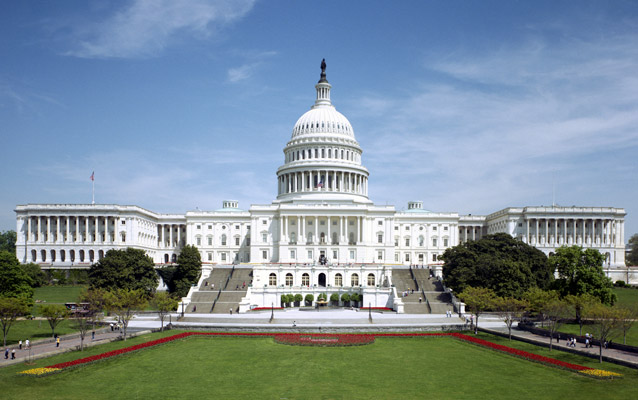What’s the Post-‘Nuclear’ Future of the U.S. Senate?
Senate just voted to end the 60-vote threshold for SCOTUS nominees — now what?

Republicans in the U.S. Senate voted last week to end the 60-vote threshold to approve Supreme Court justices.
Democrats refused to broadly support nominee Neil Gorsuch, due to lingering anger that leader Mitch McConnell would not consider President Obama’s pick Merrick Garland.
Sen. Lindsey Graham (R-SC) said it could lead to the downfall of the Senate, especially if they do away with the filibuster for all legislative measures. Yet Graham voted in favor of the so-called “nuclear option” requiring just a simple-majority vote to approve Supreme Court justices.
Richard Primus, constitutional law expert and professor at the University of Michigan Law School, joins Stephen Henderson on Detroit Today to discuss what it means for the Senate to end the 60-vote threshold.
“It’s not an enormously big deal that the particular rule has gone away,” Primus says. “The big deal is the forces that made it go away.”
Primus says, although constituents are frustrated by gridlock in Congress, it’s unlikely to change any time soon.
He also talks from a historical perspective about how the framers of the U.S. Constitution originally envisioned the Senate and the House of Representatives and their roles. He says there was an idea that the House represented the American people, whereas the Senate represented states. Primus says, while this made sense at the time, that’s no longer the case and has not been for more than a hundred years. He says there is no evidence that Senators vote differently than representatives in the House.
Click on the audio player above to hear the full conversation.

